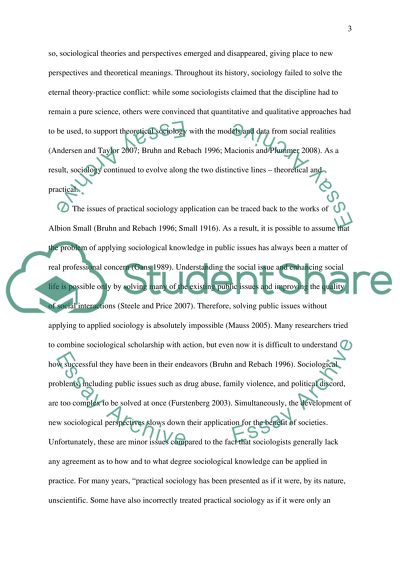Cite this document
(“Critically Discuss the Issues of Applying Sociological Knowledge to Essay”, n.d.)
Retrieved from https://studentshare.org/sociology/1450583-critically-discuss-the-issues-of-applying-sociological-knowledge-to-public-issues
Retrieved from https://studentshare.org/sociology/1450583-critically-discuss-the-issues-of-applying-sociological-knowledge-to-public-issues
(Critically Discuss the Issues of Applying Sociological Knowledge to Essay)
https://studentshare.org/sociology/1450583-critically-discuss-the-issues-of-applying-sociological-knowledge-to-public-issues.
https://studentshare.org/sociology/1450583-critically-discuss-the-issues-of-applying-sociological-knowledge-to-public-issues.
“Critically Discuss the Issues of Applying Sociological Knowledge to Essay”, n.d. https://studentshare.org/sociology/1450583-critically-discuss-the-issues-of-applying-sociological-knowledge-to-public-issues.


